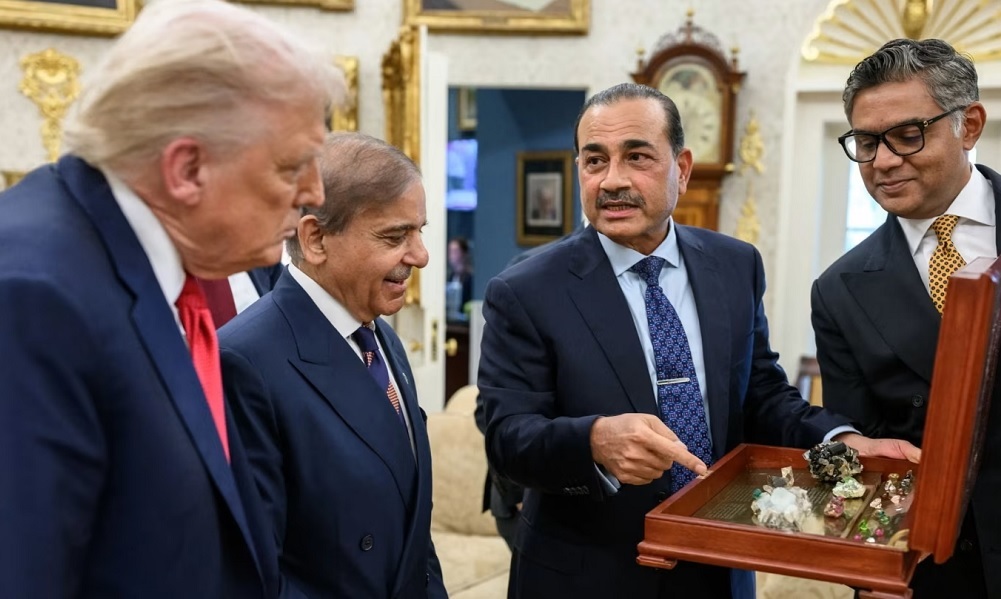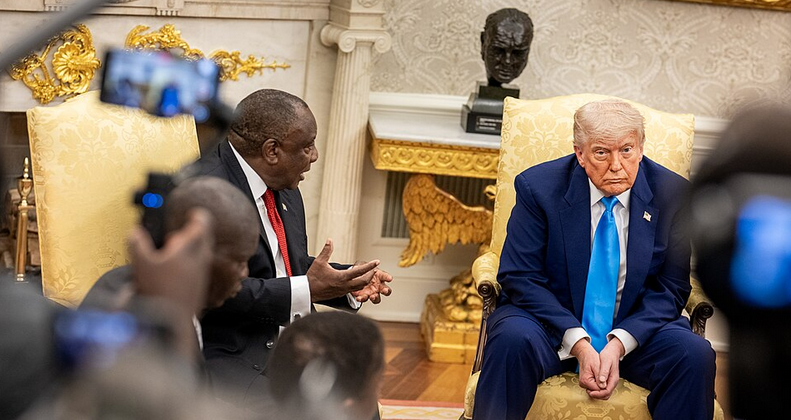Pakistan Courts the U.S. with Proposal for Arabian Sea Port in Pasni
Advisers to Pakistani army chief Field Marshal Asim Munir have reportedly approached U.S. officials with a proposal to build and operate a port in Pasni, Balochistan on the Arabian Sea. The plan, according to the Financial Times, aims to attract American investment to access Pakistan's critical minerals.
Details of the Proposed Port Project
The plan envisions American investors developing a terminal in Pasni, a port town in Gwadar District in the province of Balochistan, to facilitate the export of Pakistan's critical minerals. The port would be linked to mineral-rich western provinces via a new rail network. The project excludes the establishment of any U.S. military bases and seeks to attract development finance.
The proposed port project is estimated to cost $1.2 billion and would be financed through a combination of Pakistani federal resources and U.S.-backed development funds. It is situated approximately 100 miles from Iran and 70 miles from Gwadar, a port backed by China. Pasni has a natural deep-water port and could be linked by rail to Reko Diq, a copper and gold mine being developed by Canada’s Barrick Mining.
Strategic and Geopolitical Implications
The proposal emerges after Munir and Pakistan's Prime Minister Shehbaz Sharif met with U.S. President Donald Trump at the White House in September. Sharif sought investment from U.S. companies in sectors like agriculture, technology, mining, and energy. The proposal is seen as part of a broader strategy by Pakistan to diversify its partnerships beyond China and expand its economic and strategic ties with the U.S., Iran, and Saudi Arabia.
"Pasni’s proximity to Iran and Central Asia enhances U.S. options for trade and security and would counterbalance Gwadar while expanding influence in the Arabian Sea." - Blueprint cited by FT
Advisers emphasized that the port would exclude "direct basing," meaning it would not function as a U.S. military installation. The initiative is regarded as a strategic hedge, allowing Pakistan to balance relations with China while attracting investment and bolstering its position in the global mineral and maritime landscape.
U.S. Interest in Pakistan’s Mineral Sector
The plan aligns with early U.S. interest in Pakistan’s minerals sector. Missouri-based U.S. Strategic Metals (USSM) signed a memorandum of understanding with Pakistan’s military engineering arm to explore collaboration, including refining facilities near Karachi and Gwadar. Pakistan shipped a first consignment of critical minerals, including copper, antimony, and neodymium, to the U.S. last month.
Mike Hollomon, USSM commercial director, stated the company aspired to set up a refinery and met with directors of Pakistan’s two major ports near Karachi, as well as a representative from Gwadar. Hollomon added that USSM had heard talk of a possible port project near Pasni, noting its natural deep-water port and potential rail link to Reko Diq.
Economic Potential and Expert Opinions
Pakistan’s mineral sector currently contributes about 3% of GDP, but experts say the country has vast untapped resources, particularly in western provinces affected by insurgencies. According to Hussain Abidi, chair of the Pakistan Council of Scientific and Industrial Research, the initiative represents “a reset with America through economic ties rather than just traditional security ties.”
| Feature | Detail |
|---|---|
| Location | Pasni, Balochistan, Pakistan |
| Proximity to Iran | Approximately 100 miles |
| Proximity to Gwadar | Approximately 70 miles |
| Estimated Cost | $1.2 Billion |
| Key Minerals | Copper, Antimony, Neodymium |
 Visit the website
Visit the website







